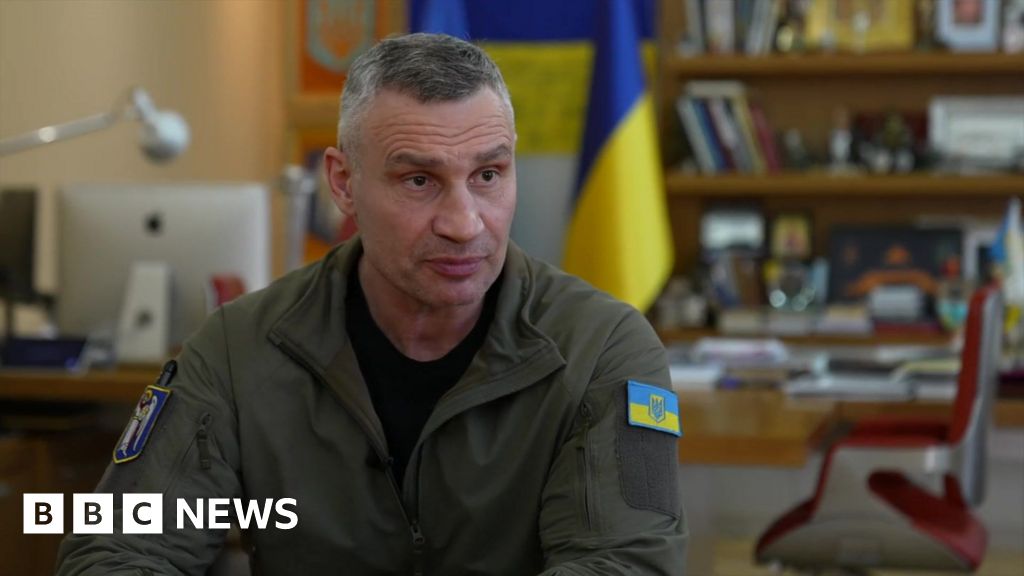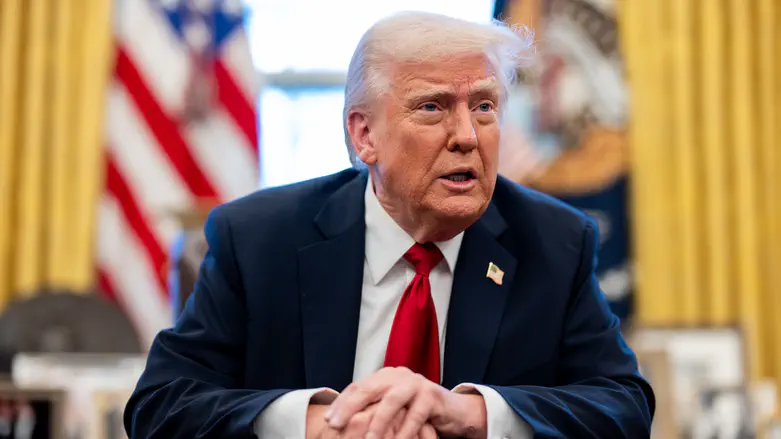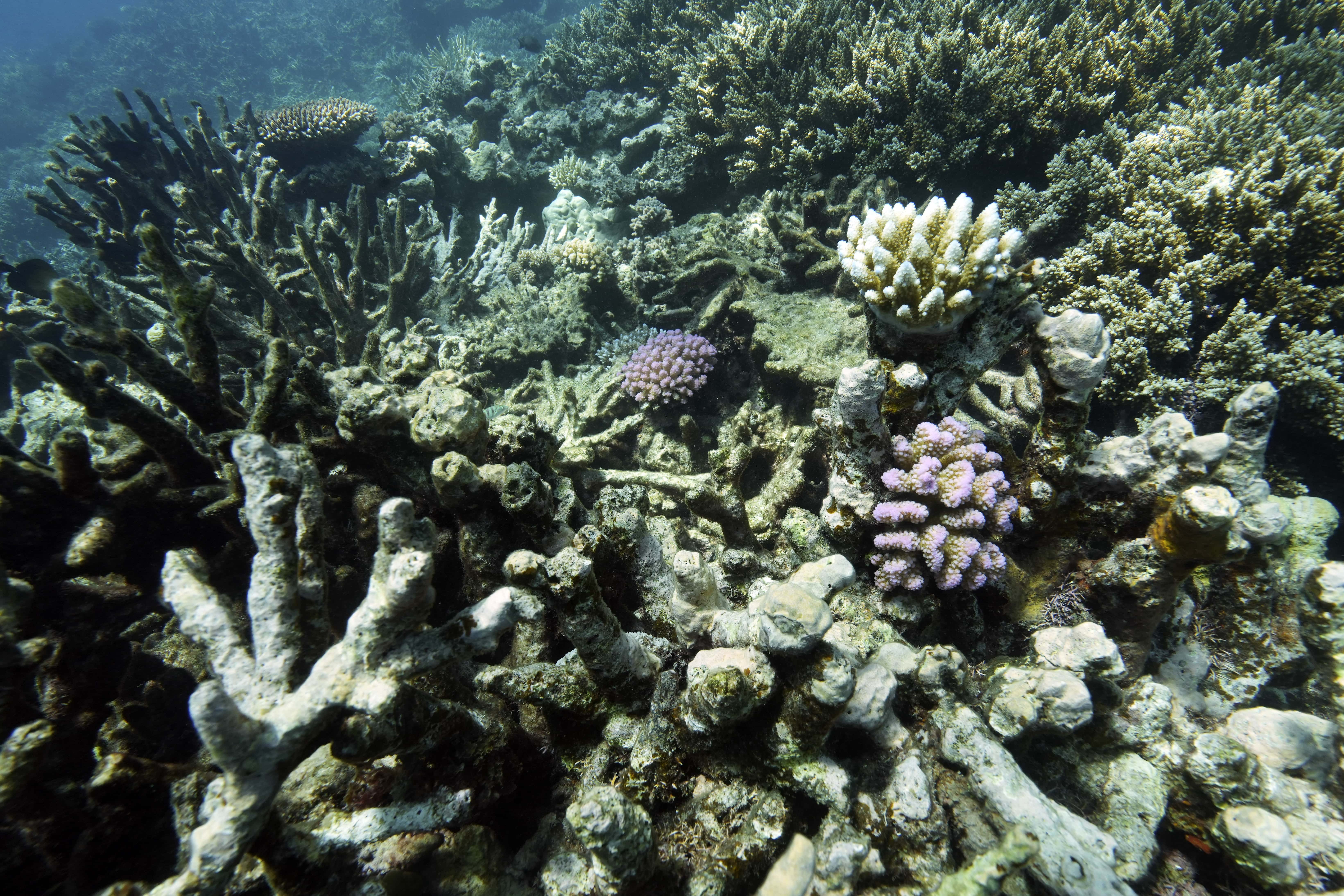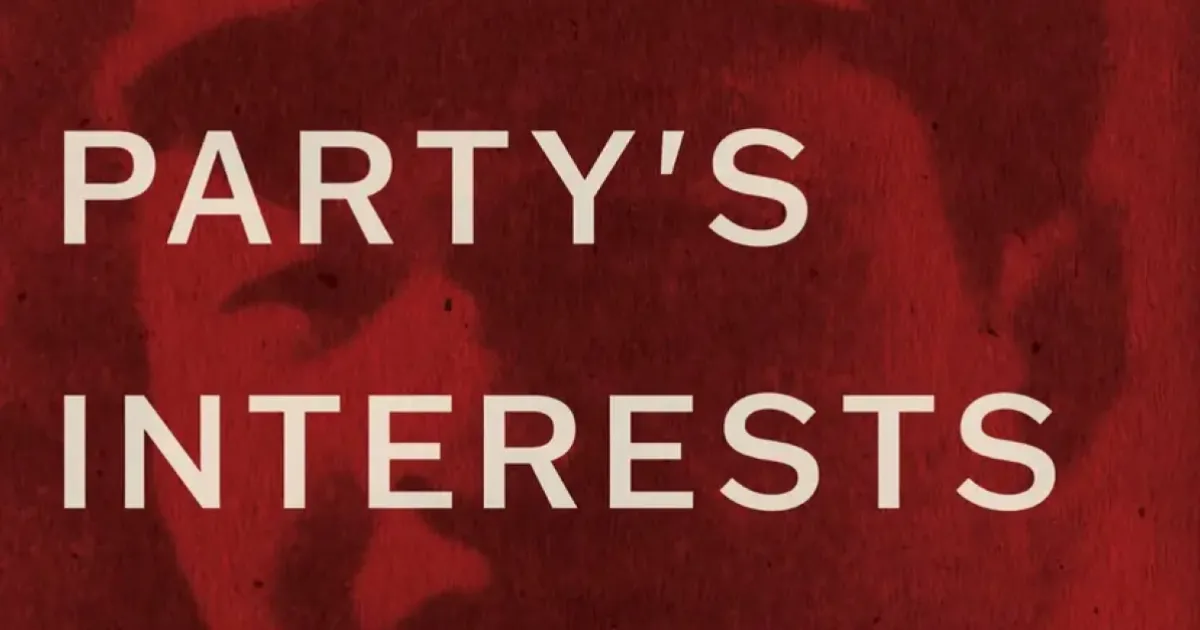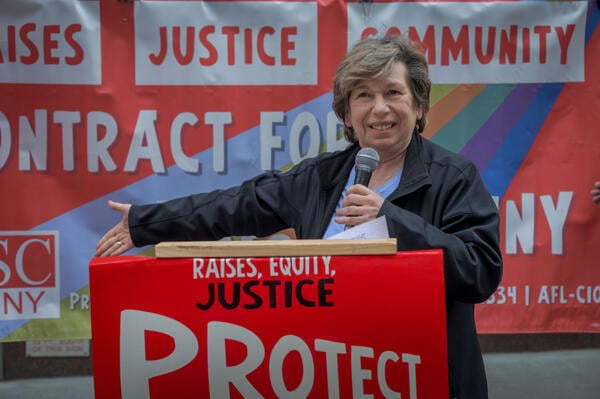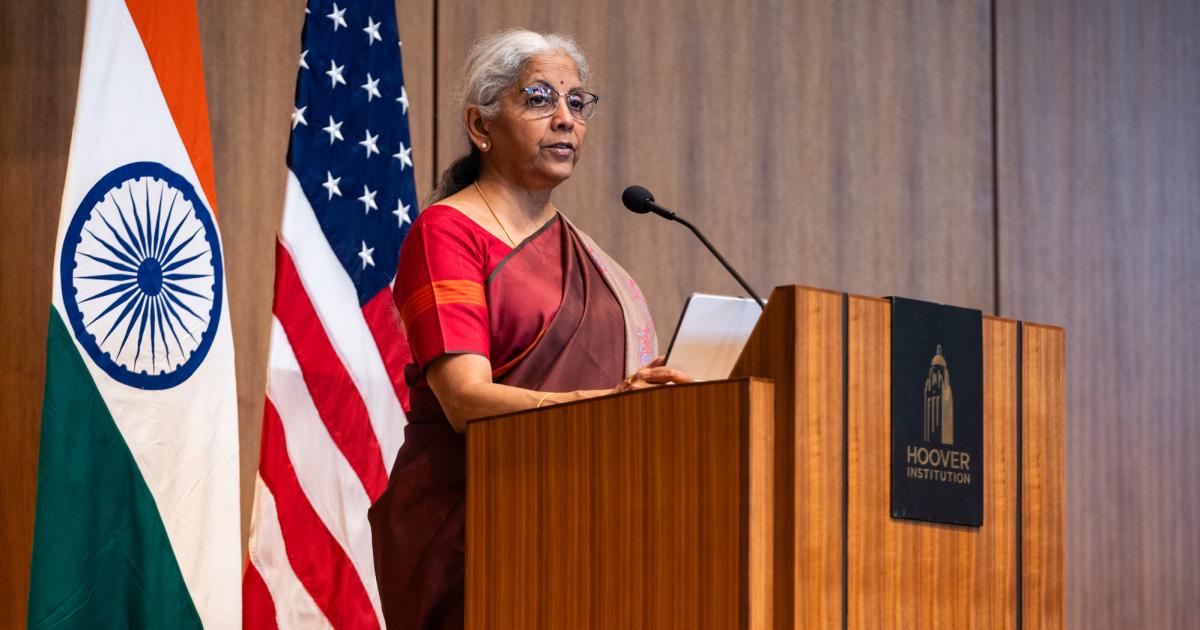Russia's Lavrov Hints at Potential Ukraine Deal Amid Escalating Conflict
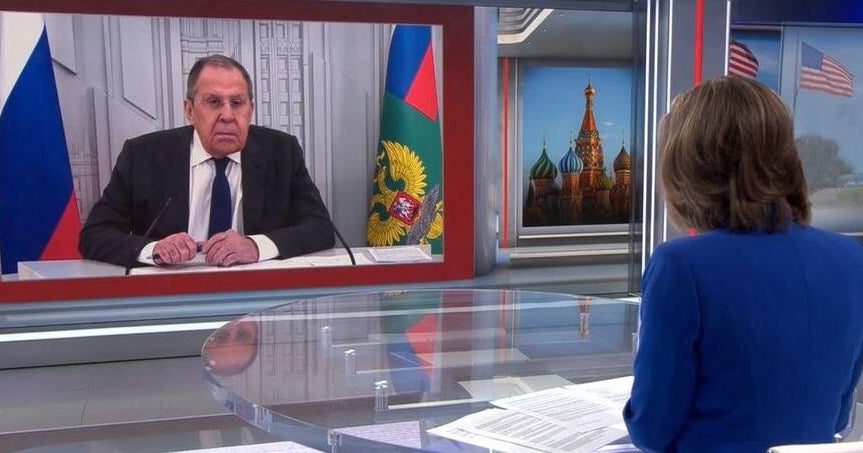
In a significant development regarding the ongoing conflict between Russia and Ukraine, Russian Foreign Minister Sergey Lavrov expressed on Thursday that the Kremlin is "ready to reach a deal" with the United States concerning Ukraine. However, he emphasized that certain elements of the proposed agreements require further refinement. This statement was made during an interview on CBS's "Face the Nation with Margaret Brennan," indicating a cautious optimism about the diplomatic efforts underway.
Lavrov remarked, "The President of the United States believes, and I think rightly so, that we are moving in the right direction," reflecting a mutual understanding between Moscow and Washington regarding the necessity of dialogue. However, he refrained from elaborating on the specifics of the negotiations, stating, "The negotiations continue, and until the end of the negotiations, we cannot disclose what it is about." This comment highlights the delicate nature of the discussions, which he insisted are not meant to be public.
These remarks follow a severe escalation in violence, with Russia launching an attack on Kyiv overnight that resulted in the deaths of at least eight individuals and left more than 70 others injured. This marked the most lethal assault on the Ukrainian capital in several months, coinciding with President Trump's efforts to propose a peace agreement to end the conflict.
When questioned by Brennan about the morality of attacking civilian targets, Lavrov defended the Kremlin's actions. He asserted that Russia exclusively targets military objectives or civilian structures used by military forces, citing President Vladimir Putins repeated assurances regarding the nature of Russian military actions. Lavrov stated, "if this was a target used by the Ukrainian military," then the actions taken by the defense ministry and field commanders were justified.
Despite the grim backdrop of violence, Lavrov seemed to hint at progress in the negotiations, referencing "several signs that we are moving in the right direction." Among these, he particularly noted President Trump as a leader who acknowledges the need to tackle the fundamental issues underlying the conflict.
In a surprising twist, President Trump publicly criticized the recent missile strikes on Kyiv, labeling them as "very bad timing" while emphasizing his ongoing attempts to broker peace. In a post on Truth Social, he directly implored Putin, stating, "Vladimir, STOP!" This admonition contrasts sharply with Trumps previous assertions that Russia is seeking peace, further complicating the narrative around U.S. diplomatic efforts.
The Russian invasion of Ukraine, which escalated into a full-scale war in 2022 after a prolonged buildup that began in 2014, has been attributed by Moscow to provocations from Ukraine and Western nationsclaims that have been categorically rejected by both the United States and Europe. Trump's position remains contentious, as he has consistently criticized Ukraine's President Volodymyr Zelenskyy and argued that a rapid resolution to the conflict is achievable.
During a pivotal meeting in London, Vice President JD Vance stressed the urgency of reaching a peace agreement between Russia and Ukraine, advocating for a clear response from both parties to U.S. proposals. Vance indicated that the current diplomatic window is narrowing, suggesting that the U.S. envisions a ceasefire along the lines of existing territorial controls, with estimates indicating that Russian forces currently occupy approximately 18% of Ukrainian land.
U.S. envoy Keith Kellogg also engaged with European allies and Ukraine in discussions aimed at reinforcing the diplomatic efforts. However, concerns have arisen among European partners, who fear that the U.S. strategy appears to prioritize pressuring Ukraine, which is the victim in this conflict, without demanding corresponding commitments from Russia.
In the lead-up to these negotiations, Trump criticized Zelenskyy for his refusal to accept Russian control over Crimea as part of any potential ceasefire. Crimea, strategically located on Ukraine's southern peninsula, has been under Russian occupation since 2014. Trump controversially claimed that while the U.S. had not explicitly asked Zelenskyy to concede Crimea, he believed it was lost during Barack Obama's presidency. He asserted that the parties are close to an agreement but called for Zelenskyy to recognize the reality of the situation.
During a discussion with reporters in the Oval Office, Trump reiterated his belief that Russia "wants to make a deal," but emphasized that Ukraine must also express a desire for negotiations. "You have to have Ukraine want to make a deal too, and they're being hit very hard, and I do believe they want to make a deal," he stated.
In response to the evolving situation, Zelenskyy reposted a statement from then-Secretary of State Mike Pompeo, reaffirming the U.S. policy of not recognizing Russia's claims over Crimea, reflecting a stark contrast to the previous administrations stance. Secretary of State Marco Rubio, present during a meeting with Norway's prime minister, asserted that "this war is endable," expressing hope for upcoming negotiations while also acknowledging the sobering reality of the recent missile strikes that underscore the urgency for a resolution.












